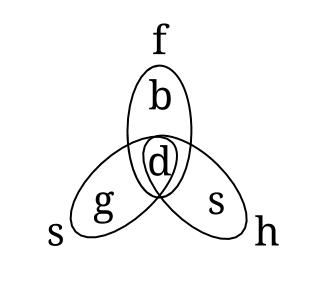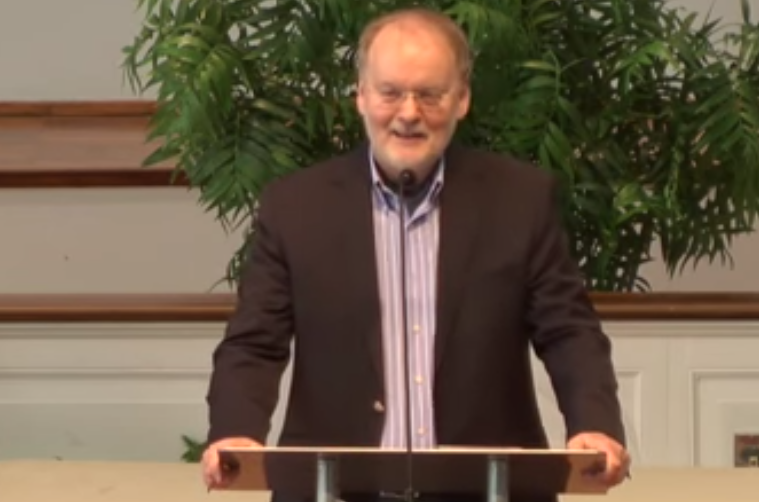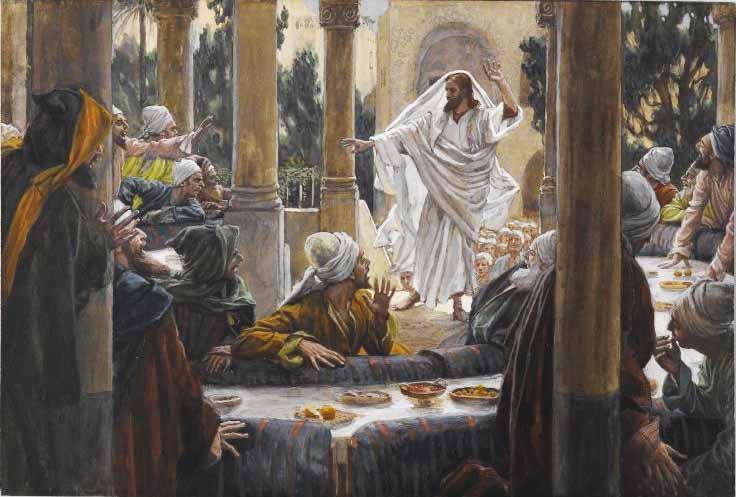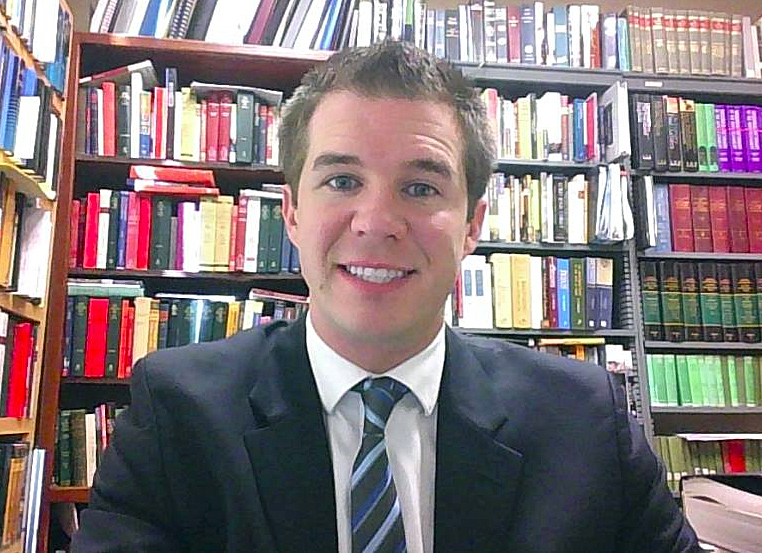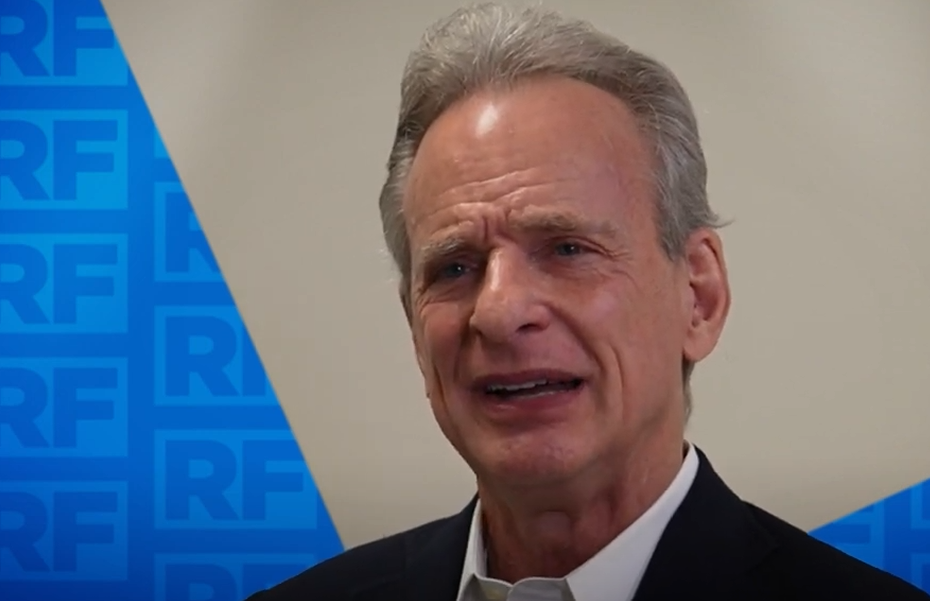Search Results for: DEALING WITH APPARENT CONTRADICTIONS: PART
Are atheists denying the obvious? Koukl vs. Rauser and Feser
Here’s an overview, with a few comments, of an interesting little public disagreement about Romans 1 and atheism. The discussion was kicked off by evangelical apologist Greg Koukl’s “No Duh” video, where he says that according to Romans 1, all atheists are intentionally suppressing their knowledge of God. Randal Rauser then pointed out a hard to accept implication of Koukl’s claim, which seems to require us to re-think just how… Read More »Are atheists denying the obvious? Koukl vs. Rauser and Feser
Zarley asks: Can Genuine Christians Be Trinitarian or Non-Trinitarian?
An important post by the Golf Pro from the Moon. He answers the above question, in part: Yes…
podcast 90 – Listener Questions 1
In this episode of the trinities podcast I answer some of your questions.
Roger Olson asks: How important is the doctrine of the Trinity?
Theologian Roger Olson asks, How important is the doctrine of the Trinity? He seems to hold, with many others, that …the doctrine of the Trinity is crucial, essential, indispensable to a robust and healthy Christian view of God. But, The problem is, of course, that many, perhaps most, Christians have little or no understanding of the doctrine of the Trinity. And they couldn’t care less. Indeed.… Read More »Roger Olson asks: How important is the doctrine of the Trinity?
Scott Williams’s “soft Latin” theory of the Trinity
 Here are a few observations on my co-blogger Dr. Scott Williams‘s recently published article in the Journal of Analytic Theology, called “Indexicals and the Trinity: Two Non-Social Models.”
Here are a few observations on my co-blogger Dr. Scott Williams‘s recently published article in the Journal of Analytic Theology, called “Indexicals and the Trinity: Two Non-Social Models.”
There’s a lot going on in the piece – some terminology, some history of theology, and some interesting dialectic with one of the best philosophers working on this topic, Brian Leftow, which centers around the concept of an “indexical” term.
But in this post, I want to narrowly focus on the theory which Dr. Williams suggests to us. This comes in his section 4, pp. 84-8. He calls it “soft LT” (to contrast it with Leftow’s “hard LT”) and I would expound it with the chart here, which I made.
f, s, and h are, respectively the divine persons: Father, Son, and Holy Spirit. d is the divine nature which they share, and which is one component in each of them. The other component in each is some “incommunicable personal attribute” (p. 84), respectively: begetting (b), being begotten (g), and being spirated (p). The ovals show the two parts or components of each divine person. (I take it that the model is committed to denying any classic doctrine of “divine simplicity.”)
None of f, s, h is identical to the divine nature, but each isRead More »Scott Williams’s “soft Latin” theory of the Trinity
podcast 212 – Some Thoughts about God and Time
On the face of it, the God of scripture changes, so is temporal.
R.I.P. Dr. Larry Hurtado
He argues cogently that even in the earliest parts of the New Testament, the religious worship of Jesus is presupposed, such as in Philippians 2.
Caught between catholic tradition and the Bible
Dr. Brown is caught between the traditional claim that God is the Trinity and the clear NT claim that God is the Father.
Swinburne on analytic vs. continental philosophy
Here’s a gem of a passage from a little-read paper by Richard Swinburne, from this book. This is part of talk he gave at a 2001 conference in Moscow, Russia, co-sponsored by the Society of Christian Philosophers and the Russian Orthodox church. So he’s explaining the wider context of analytic philosophy to them. Sometimes, when we have to explain things to those outside the camp,… Read More »Swinburne on analytic vs. continental philosophy
podcast 123 – your official god vs. your actual god
What if the official god of your theology isn’t the one who actually gets his way in your life?
Dale’s Divine Deception Dilemma
Central to Dale’s divine deception argument against Social Trinitarianism (ST) is the following analogy. Little orphan Annie is one day adopted by a man named Fred who claims to be her father. Fred lovingly raises Annie over the years, but for unknown reasons will not see her in person. But, at long last, Fred finally does meet her. Much to her surprise, however, Annie meets… Read More »Dale’s Divine Deception Dilemma
The Orthodox Formulas 5: The 4th Lateran Council (1215)
Now, on to the Fourth Lateran Council, convened by Pope Innocent III in 1215. This council, considered the 12th “ecumenical” council, was one of the all-time most important councils, which strongly shaped catholicism in the “high†middle ages. It was called, in part, to get another crusade going, after some crusading failures and set-backs. The resulting “constitutions†were proposed (and to some extent written by?)… Read More »The Orthodox Formulas 5: The 4th Lateran Council (1215)
podcast 119 – The Son of God 3 – Dr. Dustin Smith’s “Socinian” view of Jesus
In this last of three interviews with the authors of The Son of God: Three Views of the Identity of Jesus, we talk with Dr. Dustin Smith of Atlanta Bible College.
Jeremy Myers asks: “Did Jesus Learn?”
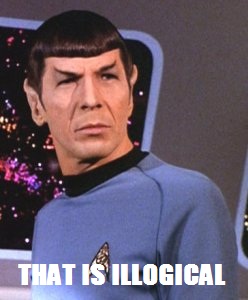 Minister Jeremy Myers asks: “Did Jesus Learn?“ (HT: James McGrath on Facebook)
Minister Jeremy Myers asks: “Did Jesus Learn?“ (HT: James McGrath on Facebook)
Great post. One favorite bit:
At one point in our discussion, I said, “Well, it seems logical that if Jesus was fully human, then He had to learn.” Their response was, “I don’t use logic. I just use Scripture.” I just about broke out laughing. It seemed pretty obvious to me that logic was not being used. Ha! One guy also kept saying, “I don’t speculate about Scripture. I just believe what it says.”
Oh, “logic” (really, human reasoning ability) was being used… just not well! 😉
In any case, he answers the question of the post affirmatively.
I agree with Jeremy that according to the New Testament, Jesus learned. Any theory about Jesus must incorporate this fact. And while he was doing that, there were truths he did not know.
But that gives rise to this argument:
- God is eternally omniscient.
- Necessarily, a omniscient being knows all truths; there is at no time a truth that an omniscient being (who exists at that time) does not know.
- Jesus, at times, did not know certain truths.
- Therefore, Jesus is not eternally omniscient. (2, 3)
- Therefore, Jesus is not God. (1, 4)
I would say, in evaluation of this argument:Read More »Jeremy Myers asks: “Did Jesus Learn?”
Bill Maher on God and Jesus
I consider comedian Bill Maher to be a fairly funny guy. I don’t care for his politics. But I watched his movie Religulous, and I thought it had some funny and interesting moments. He’s not as smart as he thinks he is. He’s typical of kids who were raised Catholic, who didn’t pay too much attention, and who later sloughed off the whole thing as… Read More »Bill Maher on God and Jesus
Are all religions the same?
I have been working through Alvin Plantinga’s excellent (but frustrating) book Warranted Christian Belief, and I am particularly intrigued by his critique of the work of theologian John Hick. Hick began his spiritual odyssey as a traditional, orthodox Christian, accepting what I have been calling ‘Christian belief’. He was then struck by the fact that there are other religions in which the claims of orthodox Christianity—trinity,… Read More »Are all religions the same?
“paterderivationism,” monotheism, and “mono-theos-ism”
A question from the Facebook group a few weeks ago: …One model of the Trinity that I’ve heard articulated–call it “paterderivationism”–says that the way in which the Father, the Son, and the Spirit are homoousios is the same way in which Caesar, Pompey, and Crassus may be called “homoousios”: they share the same kind of nature, though… not the same instance of that nature. According to… Read More »“paterderivationism,” monotheism, and “mono-theos-ism”





